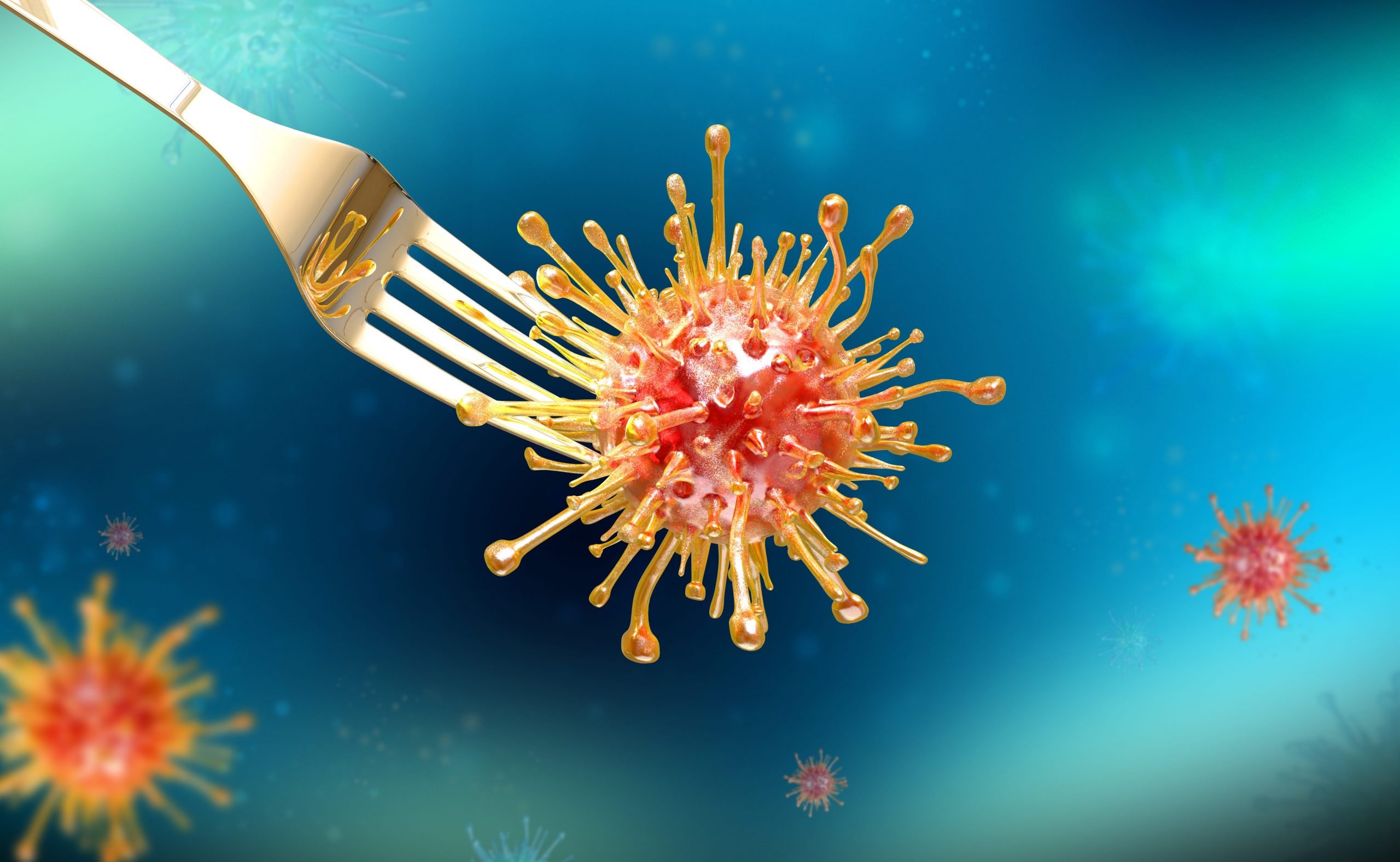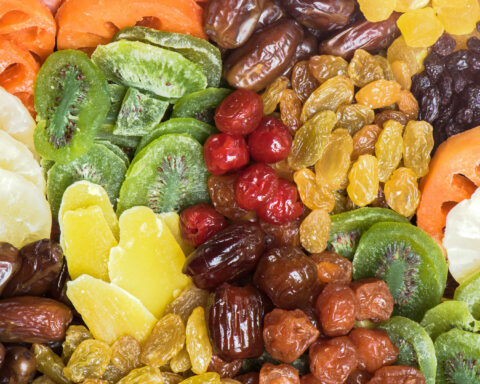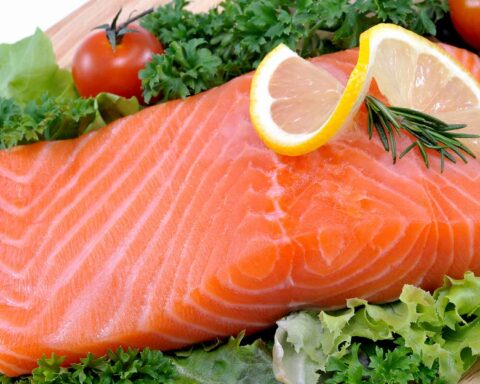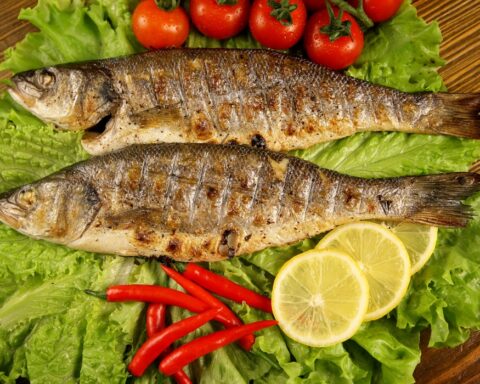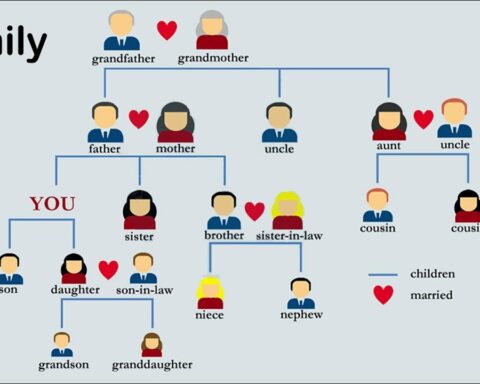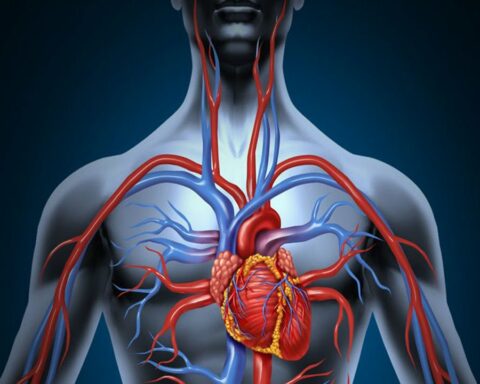Food poisoning is an abdominal discomfort characterized by diarrhea, stomach cramping, and fever. It is commonly caused by ingesting contaminated foods.
Food poisoning is something that most of us can relate to, having occurred to us twice or even more. In fact, 1 out of 6 Americans has had food poisoning, according to the Centers for Disease Control and Prevention (CDC).Food poisoning cuts across all ages, children, expectant mothers, or adults. Depending on the microorganism that has caused food poisoning, its symptom can surface any time between 2 hours of eating the food to days or weeks. In many cases, people may fear eating some foods after the attack.This article will explain what you can do and eat after food poisoning.
Foods to Eat After Food Poisoning
Medical professionals and experts recommend that you should let your stomach have some rest after food poisoning. The experience of abdominal cramping, vomiting, and diarrhea should automatically prompt you to abstain from eating for a few hours.If you resume eating, here are some foods to eat and drink.
Fluids
Dehydration is common with food poisoning. As you diarrhea, you lose a lot of water. Same to vomiting. You can start rehydrating yourself by taking some sips of water. You can help replace lost electrolytes by drinking sports drinks, chicken broth, decaffeinated tea, Sprite, ginger ale, and 7UP.
Bland Foods
You may fear eating again in fear that you may run into another episode of discomfort. Fear not. You need to start by eating foods that are soft on your stomach and entire digestive system. These foods should be of low fat and low fiber. Eating fatty foods can only precipitate diarrhea since they are hard to digest especially during food poisoning. Gentle foods you can eat include honey, bananas, cereal, oatmeal, Jell-O, rice, toast, saltines, applesauce, mashed potatoes, peanut butter, egg whites, and some fruits. You can also try the BRAT diet during such times as it is the best.
Natural Remedies
The body has its natural way of cleansing and purging the entire gastrointestinal tract so as to cleanse it of toxins and harmful bacteria, especially during food poisoning. For that reason, it will be unwise to rush to the chemist for the over-the-counter (OTC) drugs. Even when the symptoms are outweighing your patience, do not go for the OTC medications. You can try some ginger tea. This is because ginger works better at lessening the symptoms and soothing the gut.At the same time, you need to replace and increase the number of good gut bacteria by drinking yogurt or kefir.
Foods to Avoid
Nicotine, alcohol, spicy foods, coffee, fatty foods, dairy products, fried foods, and seasoned foods.
Causes of Food Poisoning
Food poisoning can be caused by various pathogens. It is worth noting that food poisoning can be fatal if not treated promptly. Five pathogens that cause most of food poisoning include:
Clostridium perfringens which is mostly found in meat and poultry; campylobacter which is contained in meat that is not properly cooked as well as contaminated water; salmonella which is contained in eggs, dairy products, and meat; norovirus which is common in fruits, vegetables, and oysters; and staphylococcus which is contained in milk, eggs, creams, and other animal products.
Of all these five, norovirus and salmonella are the pathogens with high hospitalization rates of food poisoning. Other possible causes of food poisoning that warrants hospitalization include mold, toxins, allergens, bacteria, parasites, and contaminants. The first step to avoiding food poisoning is cooking your meat properly. You also need to handle any food with utmost hygiene. Make sure you wash your hands properly, utensils, and fruits.
Symptoms of Food Poisoning
Symptoms of food poisoning usually occur within hours of contact with the food for several days or weeks. These symptoms will not require you to go to the hospital unless in severe cases.The most common symptoms are vomiting, diarrhea, and abdominal cramping which usually disappear typically after 48 hours. Other symptoms are fever, chills, general body malaise, fatigue, muscle aches, increased thirst, headaches, and profuse sweating.If the symptoms become severe, then you will present with hypovolemic shock, melena (stool in the blood), severe abdominal cramping, and loss of consciousness. Food poisoning caused by clostridium botulism can be deadly because it releases toxins that interact with the nervous system.
People at Risk of Food Poisoning
Food poisoning can occur to any person irrespective of age. But many cases are those of children and infants.
Infants and Children
Food poisoning is a common problem in infants and children. In many instances, it can lead to concerns. The main pathogen that affects children especially those who are below 12 months is botulism. Once in the human body, this microorganism releases harmful toxins which attack the nerves. If the child is not treated earlier, such food poisoning can complicate to paralysis, coma, and even death.Another bacteria that commonly cause hospitalization for food poisoning in children is Escherichia coli. It is associated with diarrhea and vomiting.
Once you suspect that your child has food poisoning, you should not buy time as seen with adults. Ensure the child is attended to by a medical professional to rule out chances of botulism. Early hospitalization also ensures that the child does not become dehydrated. Dehydration in children progresses fast and for that reason, it should be monitored by a professional.
Pregnant Women
Pregnancy lowers immunity. This increases the risk of pathogens entering the body easily. Any infection that is not treated early can be fatal.Therefore, during her pregnancy, a woman should treat food poisoning incidence with caution. Some cases of food poisoning like that of listeria can severely interfere with the growth of the developing fetus.
Conclusion
Food poisoning is a common problem in people of all ages from infants and children, pregnant women, and adults. The common pathogens of food poisoning are clostridium, salmonella, and staphylococcus. Symptoms of this condition include diarrhea, fever, and headache. During or after food poisoning you can drink yogurt, eat rice, bananas, and peanut butter.
- SMART TOOTHPICKS COMPANY - July 29, 2023
- Deterdraft: Pioneering Sustainability in Home and Personal Care - June 10, 2023
- Avanza Skin: Skincare for Active Skin - June 8, 2023

